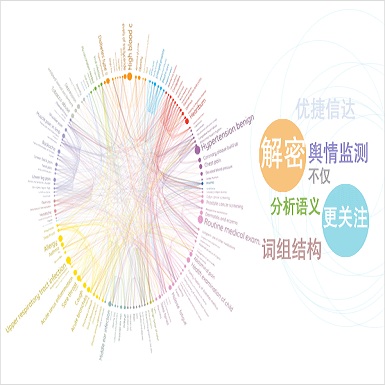We introduce the Probabilistic Worldbuilding Model (PWM), a new fully-symbolic Bayesian model of semantic parsing and reasoning, as a first step in a research program toward more domain- and task-general NLU and AI. Humans create internal mental models of their observations which greatly aid in their ability to understand and reason about a large variety of problems. In PWM, the meanings of sentences, acquired facts about the world, and intermediate steps in reasoning are all expressed in a human-readable formal language, with the design goal of interpretability. PWM is Bayesian, designed specifically to be able to generalize to new domains and new tasks. We derive and implement an inference algorithm that reads sentences by parsing and abducing updates to its latent world model that capture the semantics of those sentences, and evaluate it on two out-of-domain question-answering datasets: (1) ProofWriter and (2) a new dataset we call FictionalGeoQA, designed to be more representative of real language but still simple enough to focus on evaluating reasoning ability, while being robust against heuristics. Our method outperforms baselines on both, thereby demonstrating its value as a proof-of-concept.
翻译:我们引入了概率世界构建模型(PWM),这是一个新的完全正统的贝叶斯语语语解和推理模型(PWM),这是针对更广域和任务通用NLU和AI的研究方案的第一步。人类创建了他们观测的内部心理模型,极大地帮助他们理解和理解大量各种问题的能力。在PWM中,判决的含义、对世界的既得事实和推理的中间步骤都用一种人类可读的正式语言表达,其设计目标是解释性。PWM是巴耶斯语,专门设计能够推广到新的领域和新任务。我们制定并实施一种推论算法,通过对它潜在的世界模型进行分解和修改来解读,从而捕捉到这些判决的语义的语调,并评价它的两个外在回答问题的数据集:(1) 校对Writer和(2) 我们称之为FictionalGeoQA的新数据集,目的是更能代表真实的语言,但仍然足够简单,从而能够突出其推理能力,同时又能强有力地展示我们推理学的基线。



